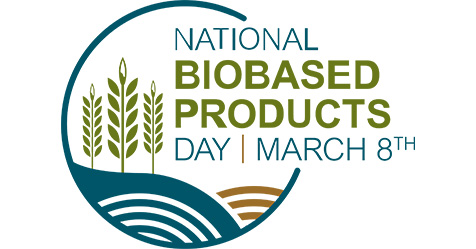Stay Dry to Avoid Secondary Hurricane Injuries
Follow CDC tips for floodwater safety
As business owners and employees in areas hit by Hurricane Laura return to their work facilities this week, they need to exercise caution around flooded streets and buildings. The U.S. Centers for Disease Control and Prevention (CDC) offers tips on floodwater safety.
First, if you are driving to work and encounter a flooded road, turn around and find an alternate route to go back home. Cars or other vehicles won’t protect you from floodwaters. They can be swept away or may stall in moving water.
If you are on foot, stay out of floodwater because it can contain many harmful things that could lead to injures, wounds, infections, rashes, and tetanus, including:
- Downed power lines
- Human and livestock waste
- Household, medical, and industrial hazardous waste (chemical, biological, and radiological)
- Coal ash waste that can contain carcinogenic compounds such as arsenic, chromium, and mercury
- Physical objects such as lumber, vehicles, and debris
- Wild or stray animals such as rodents and snakes
If you must enter floodwater, wear rubber boots, rubber gloves, and goggles. After coming in contact with floodwater:
- Wash the area with soap and clean water as soon as possible. If you don’t have soap or water, use alcohol-based wipes or sanitizer.
- Take care of wounds and seek medical attention if necessary.
- Wash clothes contaminated with flood or sewage water in hot water and detergent before reusing them.
Be aware that floods can cause containers of chemicals to move from their normal storage spots.
- Don’t attempt to move propane tanks you might find—they can cause a fire or explosion. If you find any, contact the police, fire department, or your State Fire Marshal’s office immediately.
- Be extremely careful when removing vehicle or equipment batteries. Even if they are in floodwater, batteries may still have an electrical charge. Use insulated gloves and avoid coming in contact with any acid that may have spilled from the damaged battery.
Avoid electrical hazards inside or outside facilities.
- Shut off electrical power and natural gas or propane tanks to avoid fire, electrocution, or explosions.
- Never touch a fallen power line. Call the power company to report fallen power lines. Avoid contact with overhead power lines during cleanup and other activities.
- If you believe someone has been electrocuted, call 911 or emergency medical help.


